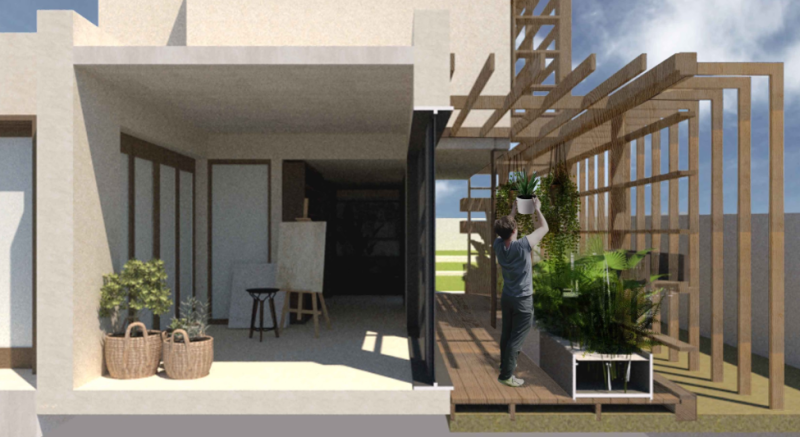Dr. Sinou Maro, Dr. Olga Venetsianou, Dr. Loukia Martha, Dr. Doulos Lampros, Dr Bobolos Nikos, Dr Tousi Evgenia, Dr Tsoka Styliani
Course coordinator: Dr. Sinou Maro


Abstract
With the reduction of energy resources and the rapid pollution of the environment in recent decades, the need to deal with the built environment in a way that causes as little environmental impact as possible has become imperative. Sustainable design of the entire built environment at all scales, from urban planning to that of interior space, must now take into account the principles of sustainable development.Addressing design with sustainable criteria can cause major changes in the quality of the natural environment, the built space and the quality of life of its users and reverse its declining course. Sustainable design refers to the overall sustainable approach to the issue that addresses and resolves environmental, social, economic and cultural issues in accordance with the definition of sustainable development. Mostly significant is the human factor and the concept of user comfort, which includes thermal, acoustic, visual, olfactory and finally tactile comfort. The holisitc approach of sustainable design can only be an anthropocentric one, where people play the most important role.
Learning Outcomes
The course aims for students to have proven knowledge and understanding of topics in the field of Sustainable Construction, while it is supported by advanced level scientific textbooks, it also includes opinions arising from modern developments.
To be able to use the knowledge and understanding they have acquired in a way that shows a professional approach to their work or profession through the issues of sustainable strategy and possess abilities typically demonstrated by developing and supporting arguments and solving problems in context of their cognitive field.
To have the ability to gather and interpret relevant evidence to form judgments that involve reflection on relevant social, scientific or ethical issues.
To be able to communicate information, ideas, problems and solutions to both specialist and non-specialist audiences.
Finally, to have developed those knowledge acquisition skills, which they need to continue in further studies or in the professional field with a great degree of autonomy.

